Privateers, independent racers who compete without the backing of major manufacturers or sponsors, have played a pivotal role in the evolution of motorsport. Their passion and commitment to racing often lead to innovations and memorable moments that have left a lasting impact on the sport. This article delves into how privateers have shaped racing history and continue to influence the competitive landscape.
The Rise of Privateers: A Historical Perspective
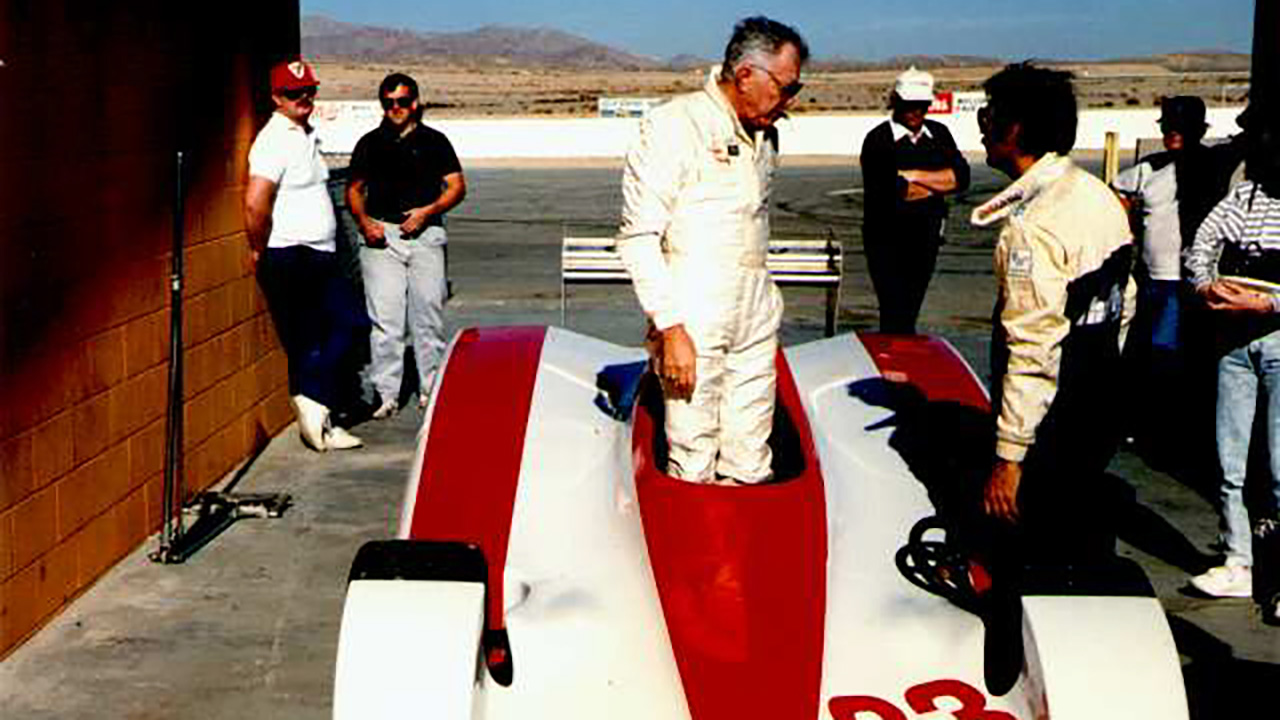
The origins of privateers in motorsport can be traced back to the early 20th century, a time when racing was less commercialized and more accessible to individuals with a passion for speed. These early privateers were often wealthy enthusiasts who funded their own racing endeavors, competing against factory-backed teams in events like the Indianapolis 500 and the 24 Hours of Le Mans. Their presence in these races highlighted the spirit of competition and innovation that defined the era.
Notable figures such as Carroll Shelby and Ken Miles emerged from this tradition, becoming legends in the racing world. Shelby, for instance, started as a privateer before founding Shelby American and creating the iconic Shelby Cobra. These individuals not only competed but also influenced the sport’s development, pushing for changes in racing regulations that democratized motorsport and allowed more privateers to participate.
Innovations Brought by Privateers
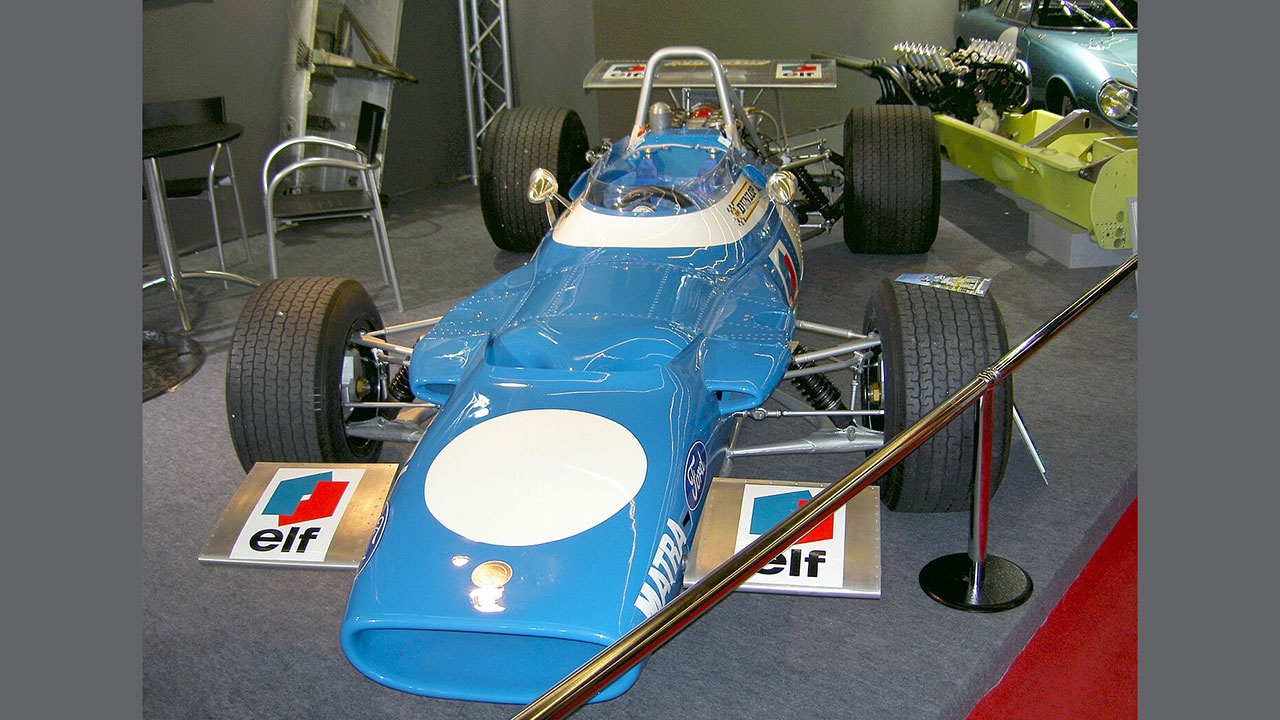
Privateers have often been at the forefront of technological advancements in motorsport, driven by necessity and the desire to compete on a limited budget. These underdog teams have pushed the boundaries of engineering, introducing innovations that have sometimes been adopted by larger, factory-backed teams. For example, the use of lightweight materials and aerodynamic enhancements often originated from privateer garages.
In addition to technological contributions, privateers have brought tactical ingenuity to the sport. Their unique strategies and approaches to racing have sometimes caught larger teams off guard, leading to unexpected victories. Moreover, privateers have played a role in improving safety standards and promoting sustainable practices, as they often experiment with new technologies and methods to gain a competitive edge.
Famous Privateer Victories and Their Legacy
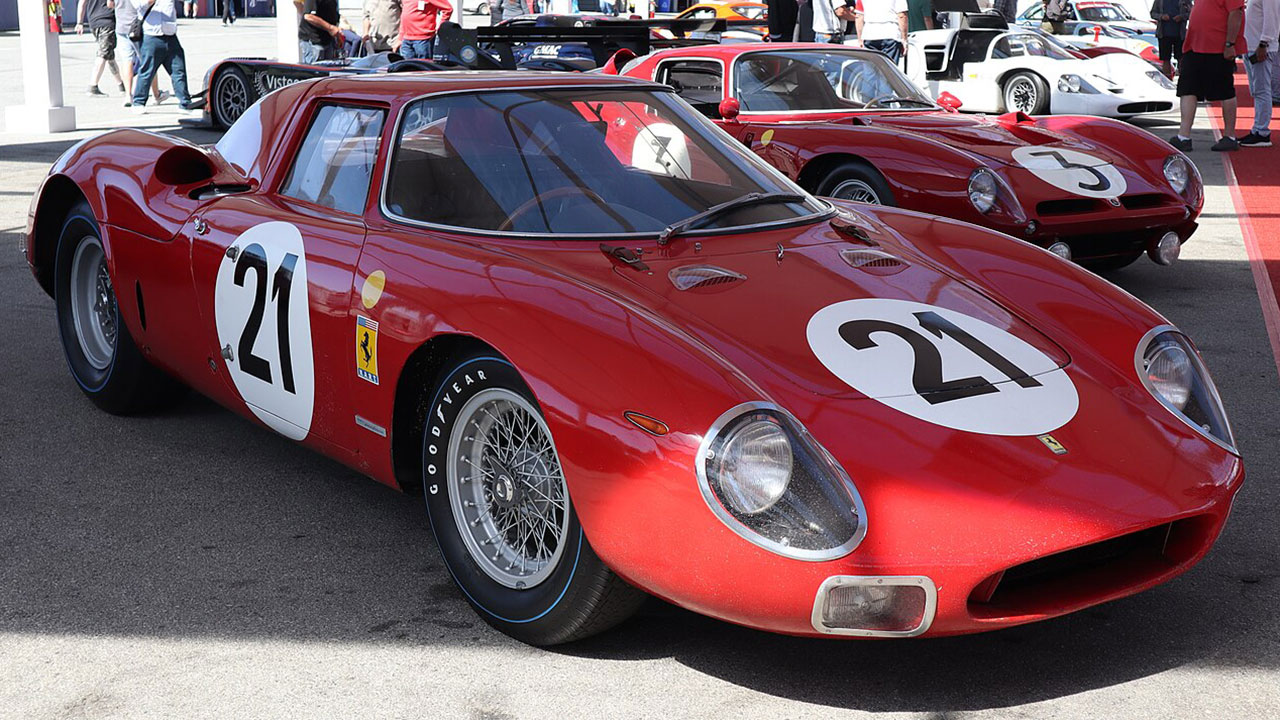
Throughout racing history, there have been unforgettable moments when privateers stunned the world by defeating well-funded factory teams. One such instance is the 1965 Le Mans victory by the North American Racing Team (NART), a privateer Ferrari team that triumphed against formidable competition. These victories not only captured the public’s imagination but also inspired a new generation of racers and teams to pursue their dreams despite financial constraints.
The ripple effect of these wins is evident in the continued presence of privateers in motorsport. Iconic races, such as the 1970 Daytona 24 Hours where Porsche 917s driven by privateers outperformed factory entries, have changed public perception, proving that passion and ingenuity can overcome financial disadvantages. These stories continue to motivate aspiring racers to enter the sport, keeping the spirit of privateering alive.
Challenges Faced by Privateers in Modern Racing
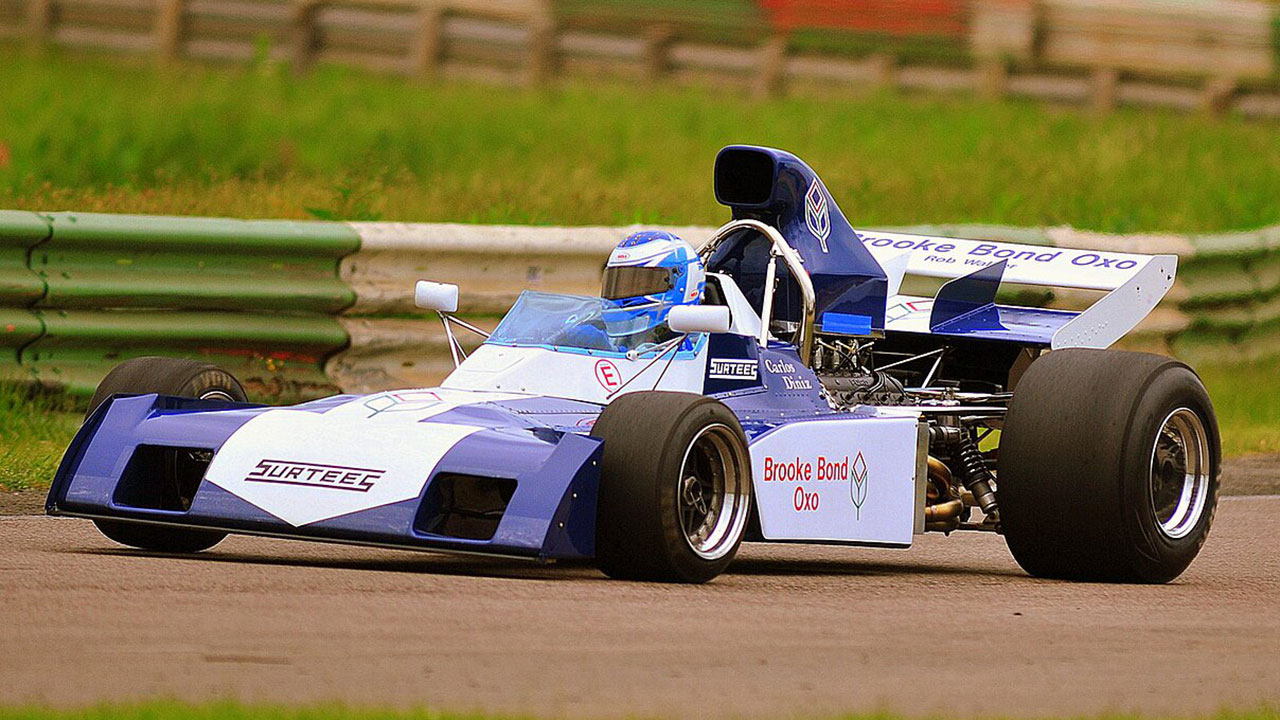
Despite their historical successes, privateers face significant challenges in modern racing. Financial hurdles are perhaps the most daunting, as the cost of competing has skyrocketed with advancements in technology and increased commercialization. Securing sponsorships is a constant struggle, as privateers must compete with factory teams that offer more visibility and marketing opportunities to potential sponsors.
The evolving landscape of motorsport also presents challenges for privateers. Changes in technology and regulations can make it difficult for independent teams to keep up, as they often lack the resources to adapt quickly. Balancing passion with practicality is a constant struggle, as privateers must weigh personal sacrifices against the rewards of racing independently. Despite these challenges, the determination and resilience of privateers continue to drive them forward.
The Future of Privateers in Racing
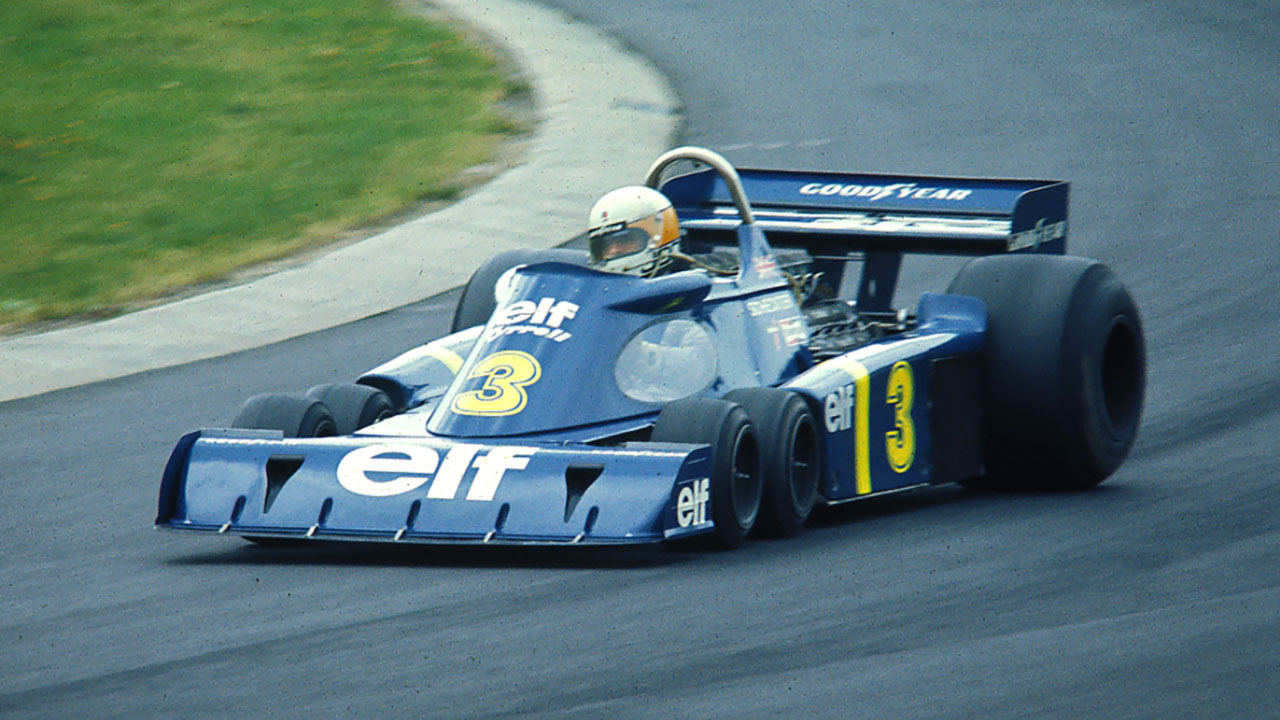
Looking ahead, there are emerging opportunities for privateers to thrive in the racing world. New technologies and platforms are leveling the playing field, allowing independent teams to compete more effectively. The rise of electric and hybrid racing series, for example, offers a fresh start where privateers can innovate without the burden of legacy technologies.
In the digital age, privateers are leveraging social media and virtual racing to gain support and visibility. Platforms like YouTube and Twitch allow them to connect with fans and sponsors directly, bypassing traditional media channels. This increased exposure can lead to new sponsorship opportunities and a broader fan base, helping privateers sustain their racing efforts.
As motorsport continues to evolve, privateers will likely remain an integral part of the landscape. Their ability to adapt and innovate ensures that they will continue to influence the sport, inspiring future generations of racers to pursue their dreams with the same passion and determination.
Like Fast Lane Only’s content? Be sure to follow us.
Here’s more from us:
*Created with AI assistance and editor review.

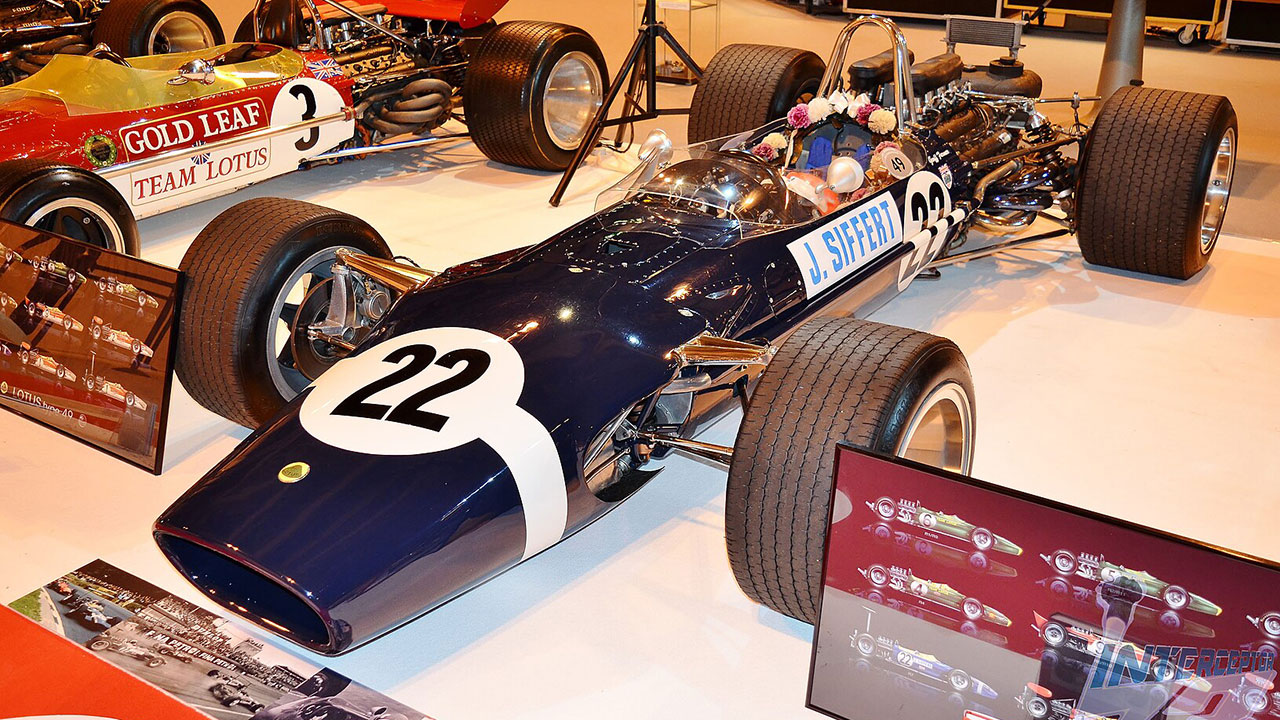
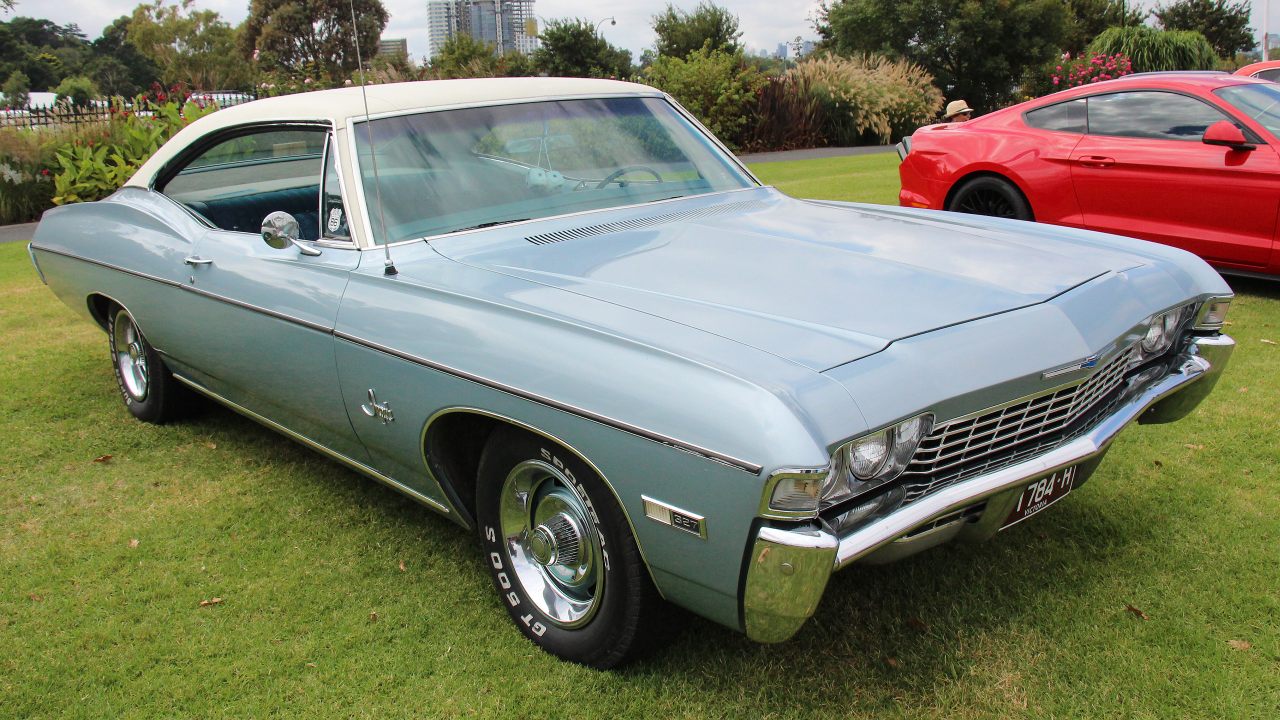
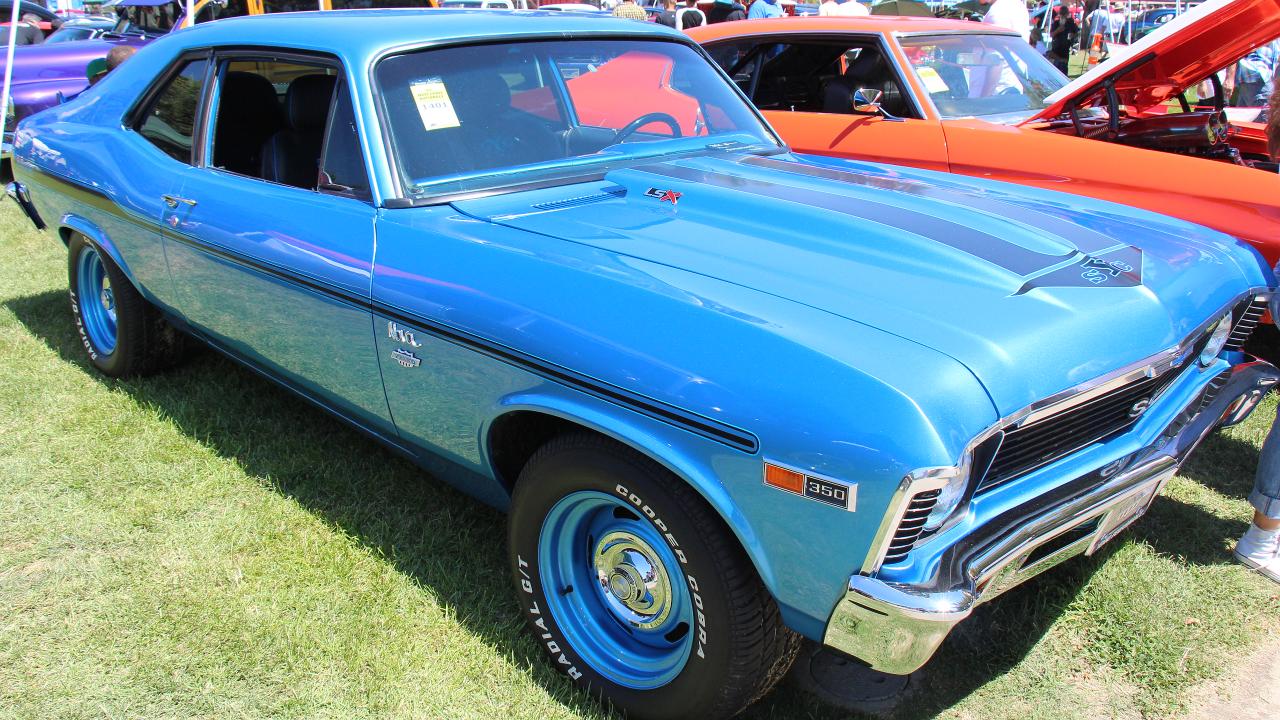
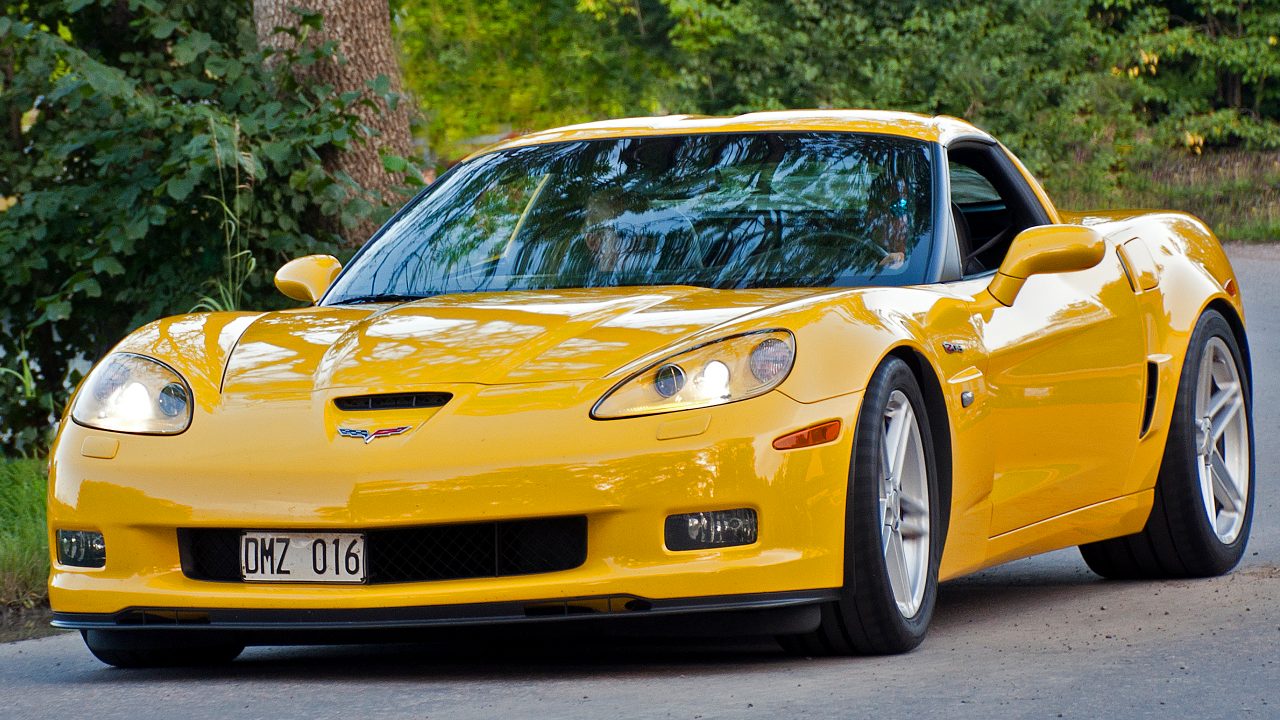


Leave a Reply